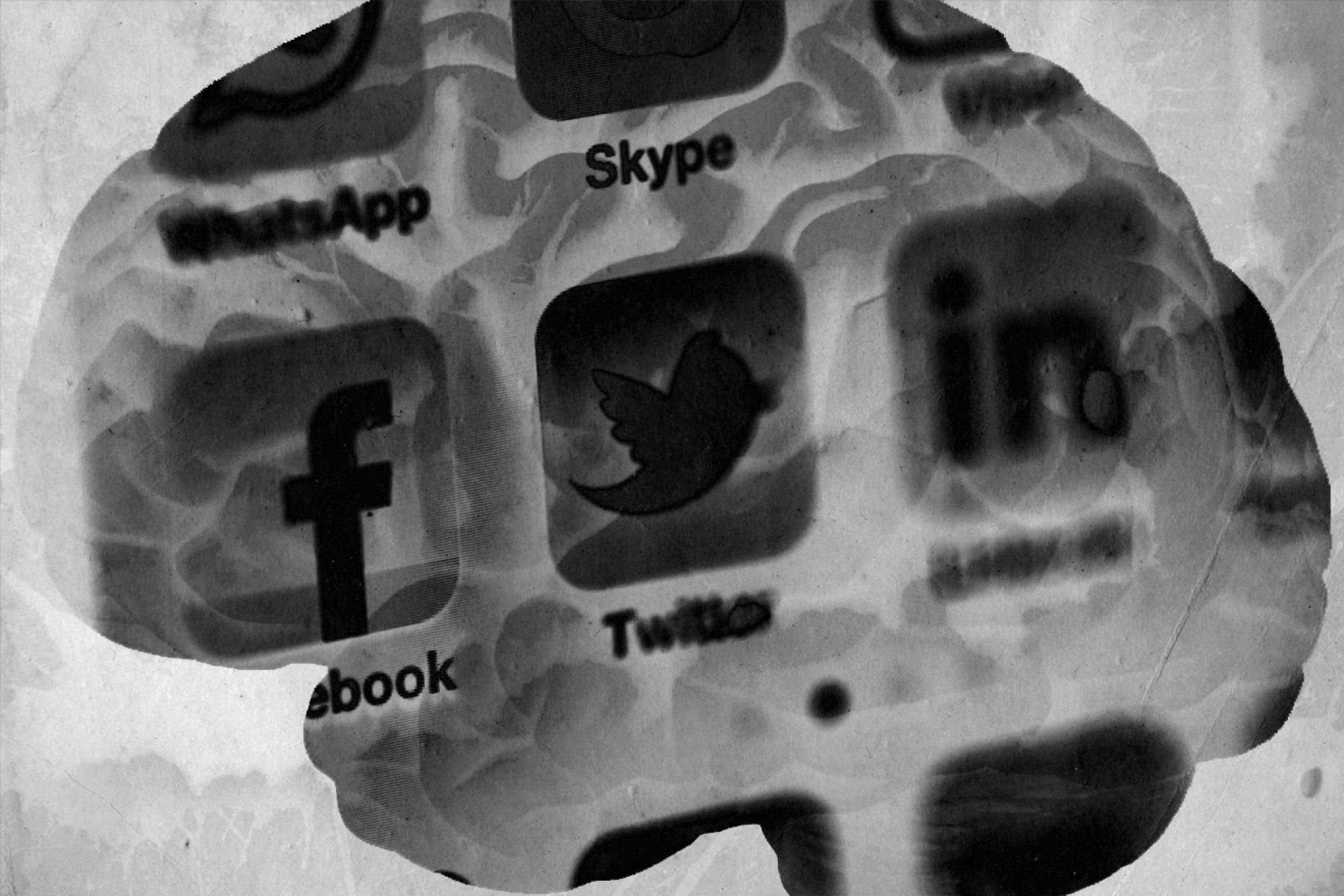 Features
Features
Social media is dangerously affecting DJs' mental health
The internet can be a be troubling landscape to navigate
It was easy for HAAi to tell when her career was kicking off: the levels of hate she started receiving online started surging uncontrollably, like a faulty mixer. After playing a Boiler Room set in August 2017, HAAi—real name Teneil Throssell—ventured into her DMs.
“There was someone totally ripping on my Boiler Room set,” she says. “It wasn’t anything constructive and there wasn’t any weight behind what he was saying. In its purest sense, it was just someone trying to make you feel shit.”
For DJs and producers nowadays, social media is an inescapable part of the job: and it’s not all negative. Social media can connect you with fans; launch your career; market you to bookers, connect you with labels, and help you shape a brand online. Social media is a powerful democratising force that helps DJs—especially those outside the London bubble—to break out. But there’s also a darker side.
The relentlessness of the life of a touring DJ—the drugs, the late nights, the isolation, the constant travel—is, it has previously been noted by my Mixmag colleagues—commonly linked to poor mental health. But when we consider the factors that can lead to depression and anxiety, we don’t often think about social media—despite the fact that today’s DJs are required to be online more than ever. Even Facebook has acknowledged that excessive use of social media poses a mental health risk. But when you’re a public figure, the negative mental health aspects can be compounded.
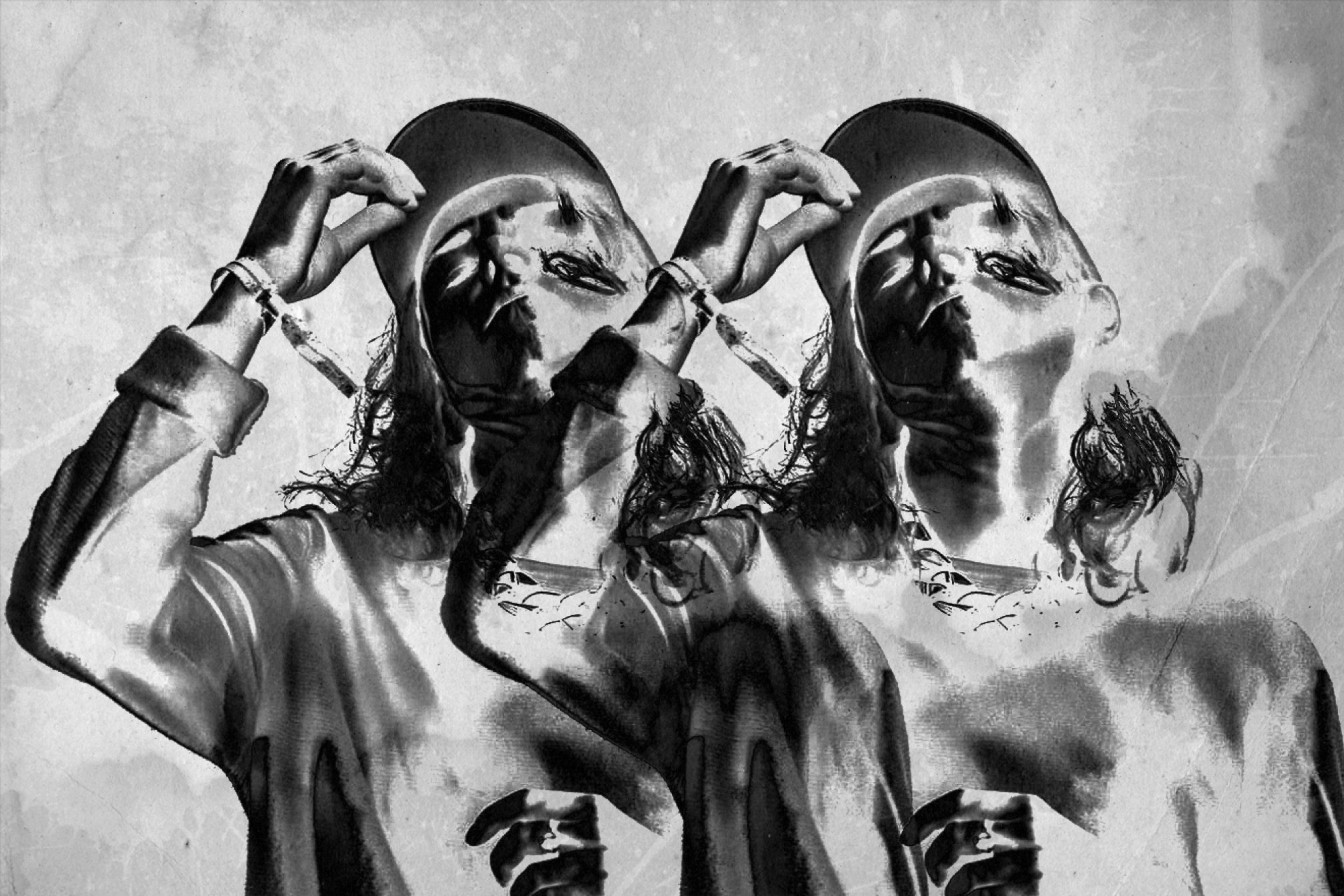
“Social media is dangerous because it’s absolutely awful for you. It’s poisonous. And being in an industry that’s so linked to it, there’s no surprise mental health is so damaged in the industry,” says DJ and producer Ben Pearce.
"Social media has affected my mental health to a massive extent," agrees Birmingham-born producer Hannah Wants. "It’s the most frustrating thing when strangers maliciously attack you on social media platforms about subjects they think they know as fact. They don't seem to realise is the effect spouting hate and negativity can have on a persons health, both mental and physical. It’s taken me literally years of practise, reading and self-talk to come to terms with that fact that you can’t rise to it."
Pearce made headlines in 2016 after the Facebook post he penned announcing his decision to take a break from touring due to poor mental health went viral. Despite believing—overall—that social media can have a damaging effect on artists’ mental health, Pearce acknowledges it can be a force for good.
“When I announced I was taking a break on Facebook, I never planned to reach that many people,” he says. “I only wanted to tell my fans I was taking a break. When it reached 1.8 million people, that was a little intimidating, but 99.9% of the messages were supportive. It was nice to see all the positive responses I got.”
But if you’re struggling with mental health overall, social media can help compound feelings of inadequacy and anxiety. When you’re building up your career, a mix that doesn’t get as many likes as you’d hoped, or a post that bombs, can feel crushing.
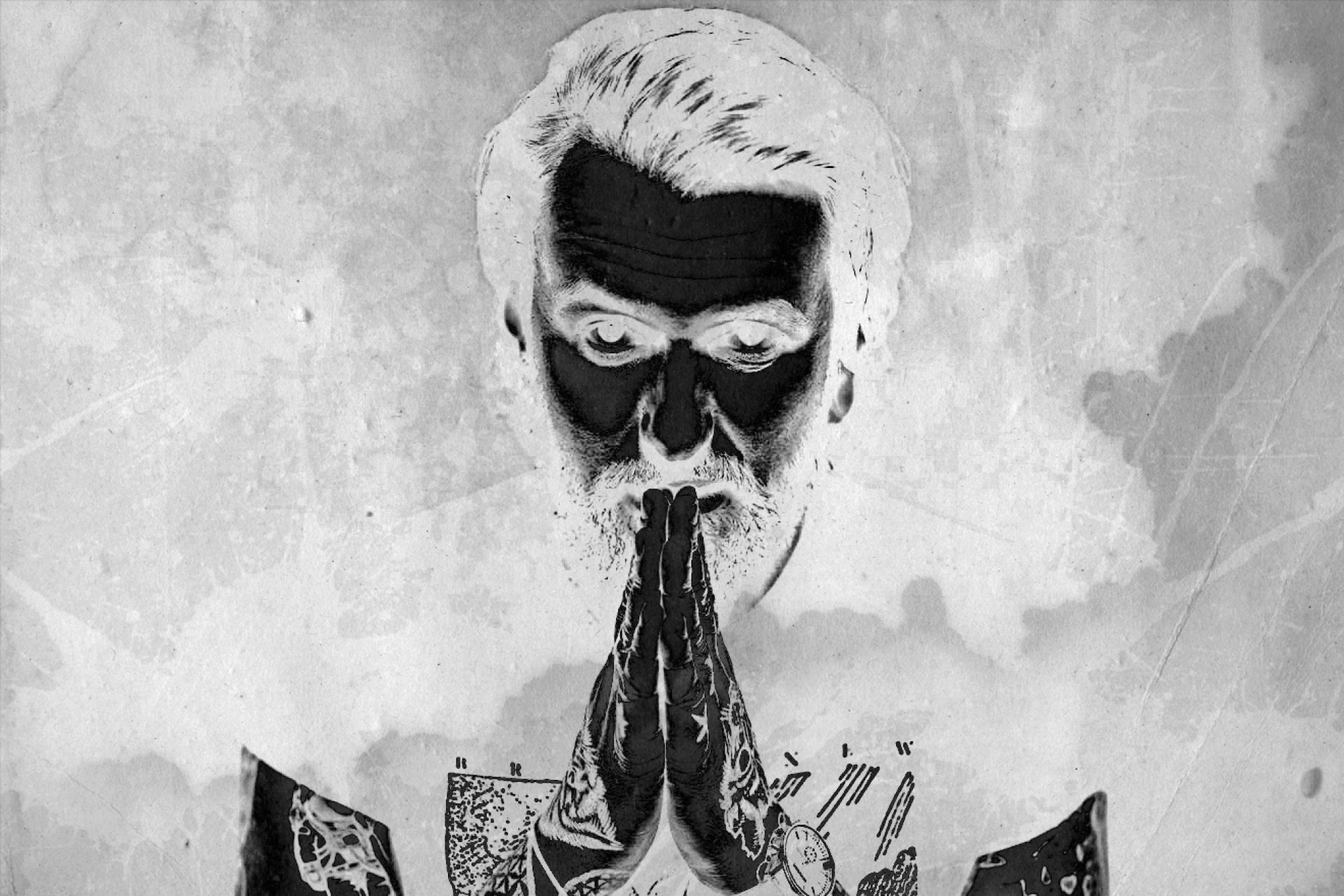
“It’s so easy to allow our egos to gain self-worth from how many likes we get, what kind of feedback we’re receiving, how we’re comparing to other DJs,” explains techno artist Rebekah, “but this self-obsession and anxiety is just not healthy at all. It moves us away from what’s really important, which is of course, the music and the quality of what we’re doing and putting out to the world.”
“At the beginning of of my career, the race for likes and appreciation online had its toll,” says Moscoman, of Israeli imprint Disco Halal. “It takes its toll, because you quantify you success according to the amount of positive reactions you get on every picture and post. But it doesn’t have any meaning.”
Comparing yourself to other artists can be especially damaging. “You can end up comparing yourself to other people all the time,” says Pearce. “Say you see someone who’s on a similar level to yourself professionally but has way more followers. There’s always a part of your brain that’s going, why?” Remembering that social media is 90% illusion helps, he says. “Say you see a picture of someone in a studio,” he explains. “They could have taken that picture before, put it up online, and they might be at home watching Netflix.” Keeping a sense of perspective—what’s real, and what’s just perception—is important.
And social media is especially damaging for those on the receiving end of online trolling: be it homophobia, body shaming, or misogyny. Women and minority groups within the industry are most likely to cop abuse within dance music, as they are generally online. And as everyone’s plugged into social media 24/7, DJs invariably see all the shitty stuff that’s being said about them—or even sent to them directly. After Resident Advisor got rid of their DJ poll in 2017, The Black Madonna called on YouTube to delete their comment section. “It’s damaging,” she wrote in a Twitter thread. “I straight up went to therapy over this shit. It was like being whacked with a shovel.”
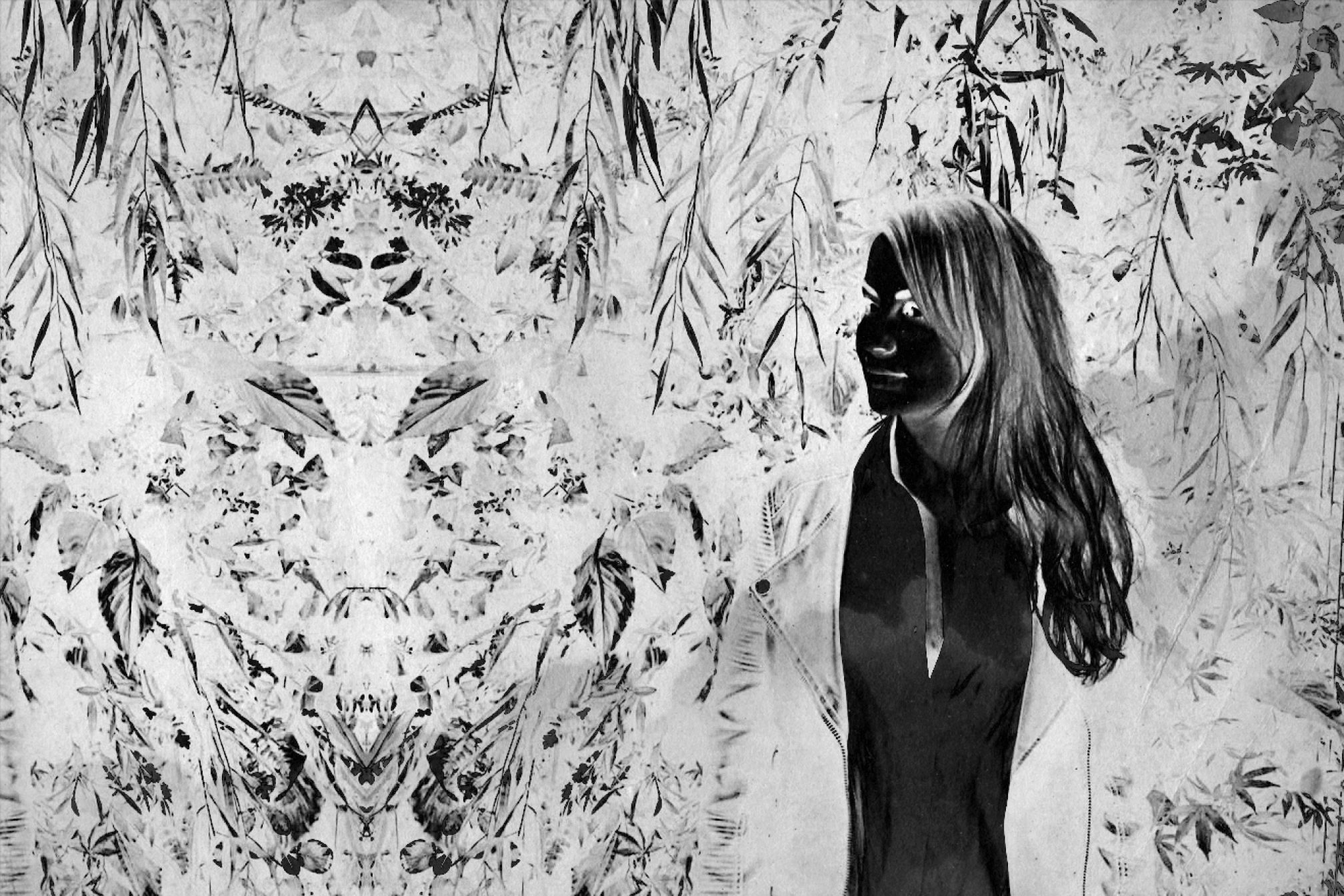
In 2016, Glasgow native Maya Medvesek, better known as Nightwave, played a Boiler Room event in Paris. “She’s gotta be giving someone some good head,” wrote one troll. “I hope she’s better in bed,” responded another. Boiler Room took to Twitter to denounce the trolls and pledge to do more to address bigotry in their chat room. “Talking smack on genres or tech is whatever, lame but par for the course. Misogyny / transphobia / racism / anything else personal is 10000% unacceptable,” they wrote. “We’re on the case.”
The hate she received, Medvsek tells me, led to panic attacks before sets—almost forcing her to quit music. “For me personally, it’s not been easy,” says Medvesek. “It’s had a big impact on my mental health—on my anxiety and depression, on my work and personal life. I've had a lot of therapy and ultimately I'm grateful the situation with Boiler Room happened because it pushed me to do inner emotional and spiritual work, and I'm happier than ever.”
She tells me that respectful feedback isn’t unwelcome—something that many of the DJs I spoke to for this piece agreed with. “There’s nothing wrong with constructive feedback,” Medvesek says. “I do want to hear people speak their minds,” agrees Pearce, “because if you only ever hear nice things from people, that positivity filter can be damaging, especially if you’re putting out creative content.”
But there’s a huge difference between constructive criticism and abuse. “It gets you a little bit in your gut, sometimes,” explains Throssell. “There’s a little part of you that’s like, why don’t you like me? But it doesn’t keep me up at night.”
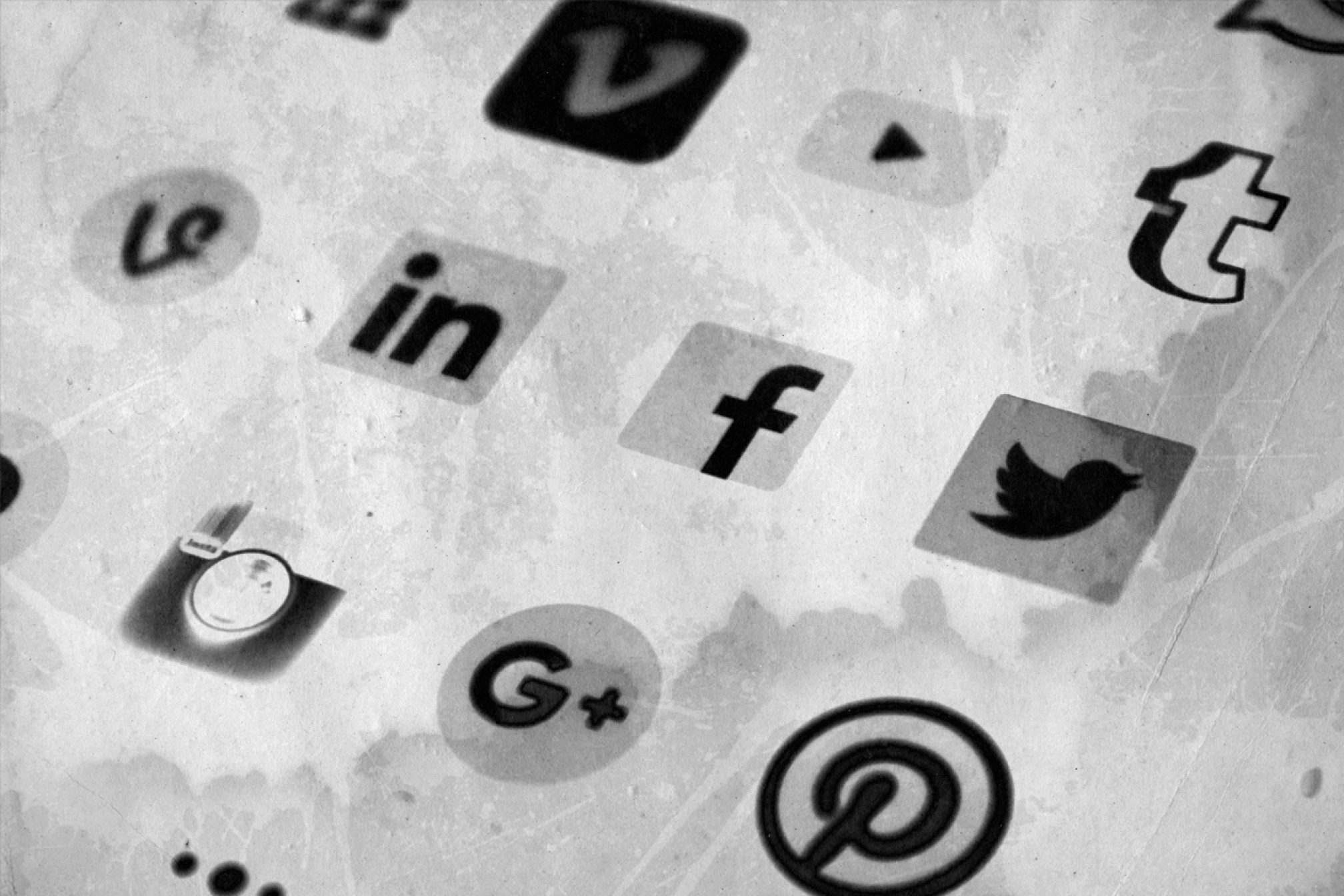
Part of the problem seems to be that, nowadays, everything thinks they can DJ. “People are so much more vocal about criticising DJs,” Throssell goes on. “When people start to do well online, you see the negative comments—you see people wanting to tear them down a little bit.”
For every bedroom DJ who thinks they can do better—and is forthcoming about saying so online—there’s an artist who’s worked hard for their career, and takes the hate personally. “If I do a bad mix, I know about it, trust me—I think about it at night and beat myself up about it. There’s no need for you to analyse it for me or tell me to kill myself,” Medvesek says.
Some artists adopt stopgap measures to help put a band-aid on the online hate. Your Green Room’s Clare Scivier works with emerging artists at the early stages of their careers. She suggests they develop avatars for their public personas, limiting what personal information they share online.
“By developing an avatar for their public persona,” Scivier says, “the private part of their personality is more able to separate any negative comments they may receive and see it more in a detached way.” Once she’s built an avatar for them, it’s easier for a social media manager to run their account for them online—insulating them from the hate.
Ultimately, there’s no easy solution for all of this. Telling artists not to use social media is impossible, given how critically important it is for the scene. Building a more respectful, inclusive environment—where abhorrent views aren’t tolerated, and online platforms act quickly to moderate comments, will do the most to tackle abuse. In the meantime, why not take a leaf out of Rebekah’s book?
“A break should be prescribed by doctors! I left my phone on a plane a while back and spent a whole weekend away without it. It was glorious and was overwhelmed by how much I was in the moment. Our phones are 100% blocking us spiritually.”
Sirin Kale is the Associate Editor at Broadly and a regular contributor for Mixmag, follow her on Twitter


